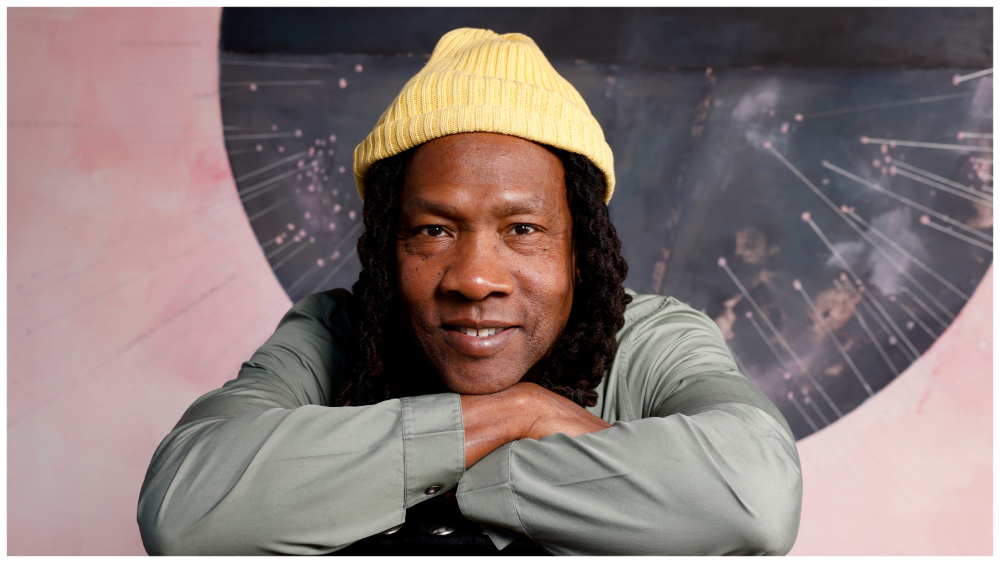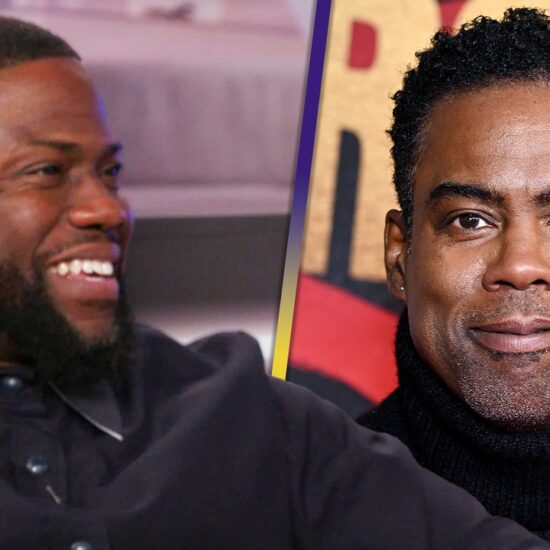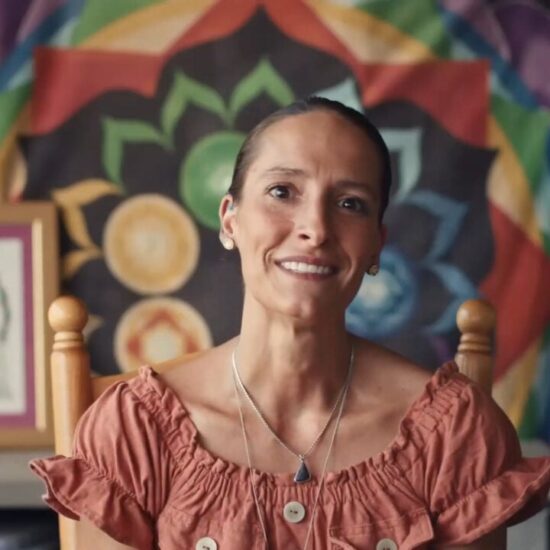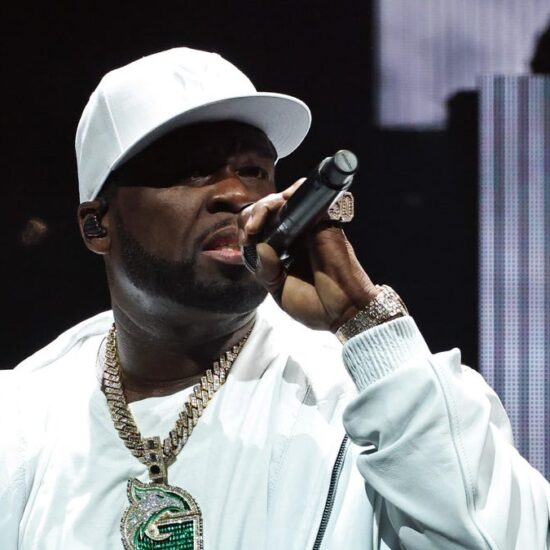
During a talk at Copenhagen’s CPH:DOX on Wednesday, Oscar-winning director Roger Ross Williams spoke about a wide variety of topics, including his latest documentary, “Love to Love You, Donna Summer,” how insanely expensive it is to garner a doc Oscar nomination, and why the racial reckoning that occurred in the nonfiction community after George Floyd’s murder is over.
Despite celebrity-driven docs being all the rage, Williams admitted that he usually rejects them.
“I have so many celebrities who come to me about making a documentary (about their life),” the helmer told moderator Thom Powers. “It’s never worked out because if they are a living celebrity, who is very popular, they are all about control. It’s a piece of propaganda about their image and their career. It’s not a documentary.”
But when it came to making a docu about Summer, who passed away in 2012, Williams didn’t hesitate when the singer’s estate called.
“Love to Love You, Donna Summer”
Courtesy of CPH:DOX
“I met (Summer’s daughter) Brooklyn Sudano, and she said to me, ‘I don’t want this to be a cookie cutter documentary. I want this to be completely honest. I want to go to places that are uncomfortable for me and my family.’ And I was like, ‘Alright. I’m in.” (Williams co-directed the doc with Sudano.)
Williams also touched on the six years he spent on AMPAS board of governors, representing the documentary branch.
“The first time I walked into that (board of Governors) meeting, Steven Spielberg and Tom Hanks were there, and I was really intimidated of course,” he said. “I was like, well, I could be intimidated, or I could kick the door down for others by changing my own branch.” During his term, Williams spearheaded the expansion of the doc branch to represent 52 countries, which led it to becoming the most geo-diverse of the Academy’s 17 branches.
But Williams admitted that the amount of money currently being spent by distributors to garner an Oscar nod has “gotten insane.” He said that he hopes that the Academy’s doc branch campaign finance reform committee will figure out solutions to the issue.
“It costs millions of dollars to get seen and heard, and that’s so troubling because it should be based on the merit of the films,” Williams said. “But we are trying to deal with that as a branch. Us documentarians, we lead the way in the Academy. The doc branch – the most diverse branch in the Academy, the most progressive branch in the Academy – we really lead the way. So, we’ll figure it out and the rest of the Academy, they will follow us as they do on everything.”
As for the racial reckoning that occurred in the nonfiction community as the Black Lives Matter movement gained traction in 2020, Williams said it’s effectively over.
“(After George Floyd was murdered) it was like everyone ran to the black aisle of the supermarket, and they just grabbed everything they could get,” Williams said. “And they were like, ‘Oh. We got all this black stuff. Great.’ And now they are like, ‘What are we going to do with all this black content?”
Williams added: “Now we are waiting for the next insurrection.”
In addition to “Love to Love You, Donna Summer,” Williams released two other projects this year: “The 1619 Project” and his first fiction feature, “Cassandro,” starring Gael García Bernal.
Williams said that going forward the plan is to continue to make docus as well as narratives.
“I’ve seen how kind of cutthroat Hollywood is, so I’m just like preparing myself for how you have to play a different level of the game,” the helmer said. “I mean, you have to play the game in the documentary (space), but it’s like small potatoes compared to Hollywood. But I think I’ve been at this long enough that I’m ready.”
“Love to Love You, Donna Summer” is screening in CPH:DOX’s Sound and Vision section.














